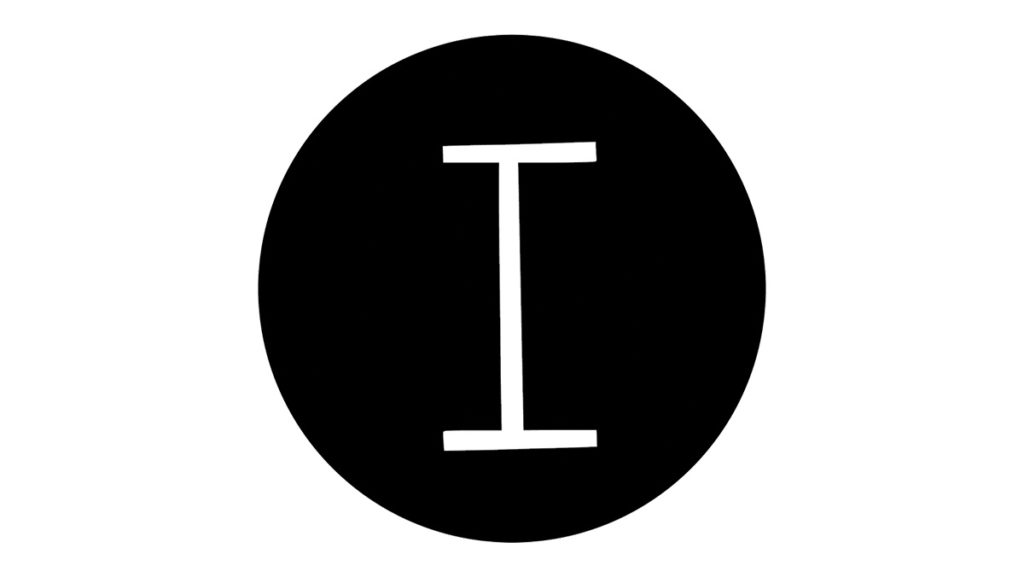On March 30, the Fitness Center hosted a workout session meant specifically for members of the LGBTQ community titled workOUT. The event was also held to raise money for the OUT Foundation, an organization that promotes body positivity in the LGBTQ community and works to remove the barriers blocking members of the LGBTQ community from accessing health, wellness and fitness. Ithaca College’s PRISM, an LGBTQ organization, also gave a drag performance at the end of the event.
This event was a much-needed addition to the Fitness Center and the overall culture surrounding fitness at the college. Fitness as a whole is often treated as a hetero- and cisnormative practice that can often alienate members of the LGBTQ community from practicing healthy habits. Luca Maurer, director of the Center for LGBT Education, Outreach and Services, said events like these can be helpful because many members of the LGBTQ community are still influenced by the harmful stereotypes that surround them and fitness. Because gyms are often and hetero- and cisnormative spaces, common aspects of exercise facilities like the gendering of equipment, the exclusionary marketing of gyms and unclear harassment policies can serve to alienate members of the LGBTQ community from gyms.
WorkOUT is an event that actively celebrates the intersection of LGBTQ and fitness culture, an initiative that is precisely what the center should be doing. Fitness culture often exists within the broader culture of toxic masculinity, in which many participants in gyms engage in sexist, homophobic and hypermasculine behavior. While this culture may not be as prevalent at the college’s Fitness Center as it is in gyms across the country, workOUT still has a crucial role in solidifying the center’s rejection of toxic masculinity.
Moving forward, the Fitness Center should continue to search for opportunities in which it can to make its environment more inclusive — whether that is through hosting more events, creating new resources and facilities for the LGBTQ community or another medium. A person’s access to fitness and wellness resources should never be limited because of their identity, and it is crucial that the center remains cognizant of the barriers put between it and the LGBTQ community.














